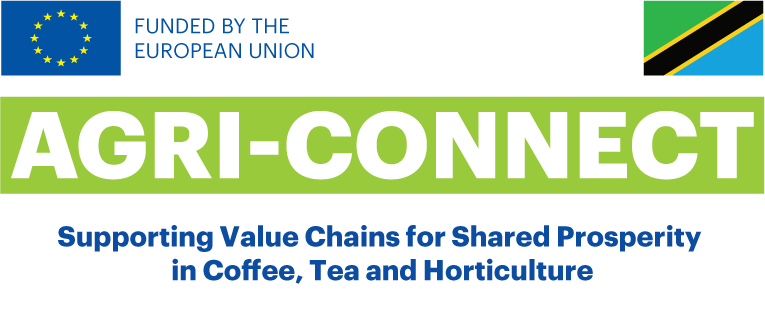
Investing in Early Childhood Development Pays
Summary
Nutritional issues are frequently overlooked. When a child is struggling in school, his or her parents may seek tutoring services.
By, Stella Kimambo.
Nothing beats the joy of having a child, but would parents feel the same if their child was unproductive and stunted as a result of not being breastfed at an early growth stage?

Tanzania, as a middle-income country, needs a strong workforce, but that goal is unattainable because thousands of children were not breastfed or received the necessary essential minerals within the 1,000 day window (from conception to two years of age), resulting in a workforce generation with stunted growth.
Stunting, the inability to reach the required height for a specific age, affects 31.8 percent of children under the age of 59 months. Stunted children suffer permanent consequences that are passed down to future generations.
Nutritional issues are frequently overlooked. When a child is struggling in school, his or her parents may seek tutoring services.
They either forget or are oblivious to the harm done to early childhood cognitive development by a lack of nutritious foods.
Tutoring services can help a child achieve academic success, but if the child does not receive a healthy diet within the first 1,000 days of life, he or she may be at risk of developing Nutrition Related Non-Communicable Diseases such as heart disease, stroke, high blood pressure, diabetes and some types of cancer, as they reach adulthood.
Fueling early childhood development
Nutrition is the driving force behind a child’s early development. The brain grows faster in a child’s first 1,000 days than at any other time in a person’s life. And, to fuel a child’s rapid development, the brain requires the right amount of nutrients at the right time.
Through the European Union (EU) funded AGRI-CONNECT programme, the Food and Agriculture Organization of the United Nations (FAO) Tanzania, the Government, and the European Union (EU) launched the “LISHE BORA NI MTAJI” (Good Nutrition is an investment) National Nutrition Campaign in Mainland Tanzania and Zanzibar, to promote healthy eating habits based on locally available food.
The nutrition campaign will support health, social and economic benefits of addressing malnutrition in all of its forms from infancy to the first 1,000 days of life.
It is expected to reach 32 million people through cooking programs, daladala (minibus) nutrition education tours, trainings for female youth, and the establishment of msosi asilia (traditional food sites), using traditional and social media platforms.
Unlike other development investments, investing in early childhood development provides the best value for money when compared to the difficulties a child may face later in life.
Play your part and invest in your children’s early development!
This article was produced with the financial support from the European Union through AGRI-CONNECT Programme. Its contents are the sole responsibility of the author and do not necessarily reflect the views of the European Union.
Stella Kimambo, Food Security and Nutrition Specialist, FAO Tanzania.
This article is republished from The Citizen. Read the original article

